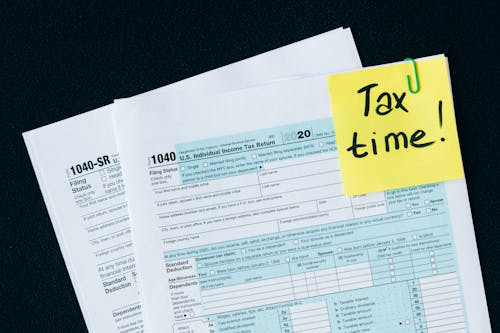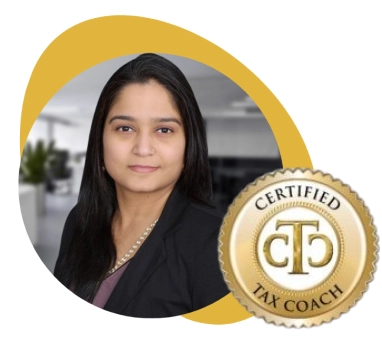
In the intricate world of finance, one aspect often underestimated but immensely powerful is strategic tax planning.
Beyond the tasks of filing forms and fulfilling obligations to the government lies a proactive approach that can significantly impact your financial success. It’s called strategic tax planning, and it’s not just for the wealthy or corporations. It’s a practice that can benefit individuals and businesses alike, regardless of their size or income level.
Understanding Strategic Tax Planning
At its core, strategic tax planning involves making deliberate financial decisions that minimize your tax liability while remaining in compliance with tax laws. It’s about optimizing your tax position to keep more of your hard-earned money where it belongs, i.e., with you.
This proactive approach allows you to strategically plan your financial affairs to minimize the taxes you pay, leaving you with more resources to achieve your financial goals.
The Building Blocks of Strategic Tax Planning
Strategic tax planning is built on several fundamental principles:
- Minimizing Tax Liability:This is the primary objective of tax planning. By leveraging deductions, credits, exemptions, and incentives, you can legally reduce the amount of taxes you owe.
- Preserving Cash Flow:Tax planning helps you manage the timing of income recognition and deductions. This means you can optimize your cash flow, making sure that you have the liquidity needed to operate your business, invest, and seize opportunities when they arise.
- Compliance:Compliance with tax laws is paramount. Strategic tax planning sees to it that you operate within the boundaries of the law, avoiding costly penalties, legal complications, and reputational damage.

The Strategic Tax Planning Process
Strategic tax planning involves a structured process that includes:
- Data Gathering:Collecting financial information is the first step. This includes income statements, balance sheets, and other relevant documents.
- Analysis:Once the data is collected, it’s analyzed to identify potential tax-saving opportunities. This involves assessing your tax position and looking for deductions, credits, and incentives that can be leveraged.
- Strategy Development:Based on the analysis, a tax strategy is developed by your tax consultant. This includes identifying specific actions to take advantage of available opportunities and reduce tax liability.
- Implementation:The strategy is put into action, which may involve making financial decisions, investments, or changes to your business structure.
- Continuous Monitoring:Tax laws change, and your financial situation evolves. Continuous monitoring ensures that your tax strategy remains effective and adapts to changing circumstances.
The Benefits of Strategic Tax Planning
Strategic tax planning offers numerous benefits:
- Cost Savings:By minimizing your tax liability, you can save a significant amount of money over time.
- Enhanced Cash Flow:Tax planning helps you maintain healthy cash flow by managing the timing of income recognition and deductions.
- Resource Allocation:With reduced tax burdens, you have more resources to allocate to investments, expansion, innovation, or other financial goals.
- Financial Security:By optimizing your tax position, you’re not just focused on immediate gains but also on building a financially secure future.
We Can Help You!
Strategic tax planning is not a luxury, it’s a tool for financial success that individuals and businesses should harness. So, get in touch with us at Nidhi Jain CPA to benefit from the Bay Area’s best CPA’s tax advisory services.
Upgrade your tax planning in the Bay Area today.





